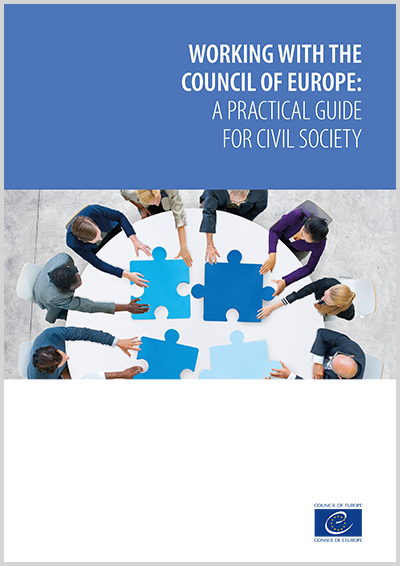Democratic Governance
Trusted, transparent and accessible democratic institutions at national, regional and local level are paramount for creating democratically secure societies. Democracy and governance reinforce each other and are essential for preventing conflicts, promoting stability, managing crises, facilitating economic and social progress, and creating the conditions conducive to sustainable respect for human rights and the rule of law. Democracy cannot be imposed from the outside: it must be embraced by the domestic political leadership and the electorate and supported and protected by fully functioning democratic institutions.
The aim of the Council of Europe in this area is to ensure democratic governance at all levels promoting the transparency, integrity and accountability that help rebuild trust in democratic institutions.
European Committee on Democracy and Governance – CDDG
The CDDG steers the intergovernmental work in the field of democracy and democratic governance and advise the Committee of Ministers. Its overall aim is to contribute to strengthening democratic institutions, and good governance at all levels of government, with particular emphasis on structural institutional reforms at all levels and enhancing citizens’ participation in political decision-making with a view also to strengthen their interaction with and trust in public institutions.
 Focus 2022-2025
Focus 2022-2025
Principles of good democratic governance; new forms of deliberative and participatory democracy; green public administration; use of artificial intelligence by public administration; multilevel governance; response to emergencies; social services at local level; electronic voting
 Civil society involvement
Civil society involvement
- Participant: Conference of INGOs (CINGO)
- Observers
- Consultation with civil society, either through direct participation in meetings, or through dedicated hearings or written consultations



